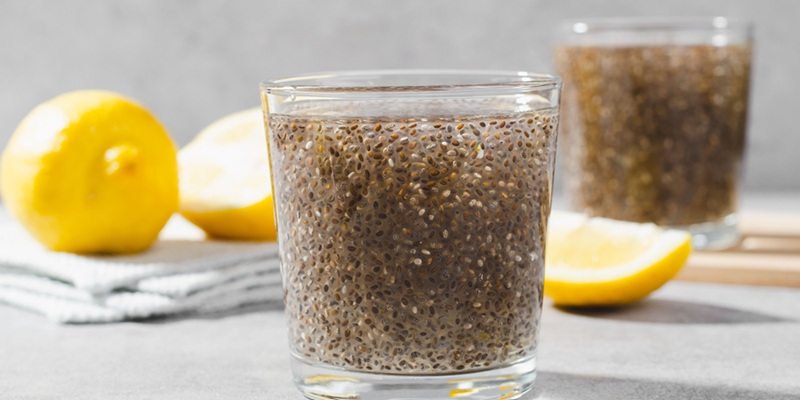A single story beginning with once upon a time and the practices were cherished and respected. We have seen our ancestors crush a small amount of pepper, add a tablespoon of honey, and serve themselves as medicine. The best home remediation they have ever seen. They hardly visited doctors and, with less difficulty, claimed the age ladder between 80 and 90. They named it the King of Spices.
Not just a spice, pepper can actually contribute to your overall wellness in a number of ways:
Black pepper is one of the most commonly used spices in the world. From adding flavor to dishes to being used as a medicinal herb, black pepper has a long and fascinating history. This spice has been cultivated and traded for centuries, and its popularity shows no sign of waning anytime soon. Whether you are a foodie looking to enhance the taste of your dishes or someone curious about the health benefits of natural herbs, black pepper is worth learning about.
Health Benefits of Black Pepper
- Aids in Digestion
Black pepper stimulates the secretion of digestive enzymes, which helps to break down food and aids in digestion. It also helps to prevent the formation of gas and promotes healthy bowel movements. So, if you’re feeling bloated or constipated, try adding some black pepper to your meals.
- Boosts Metabolism
Black pepper contains a compound called piperine, which has been shown to increase metabolism. This means that it can help you burn more calories and lose weight. So, if you’re looking to shed some pounds, adding black pepper to your meals may help.
- Improves Cognitive Function
Studies have shown that piperine, the compound found in black pepper, can improve cognitive function. It does this by increasing the production of serotonin and dopamine in the brain, which are neurotransmitters that play a role in mood and cognitive function. So, if you’re looking to improve your mental clarity and focus, consider adding some black pepper to your diet.
- Fights Inflammation
Black pepper contains anti-inflammatory properties that can help to reduce inflammation in the body. Inflammation is linked to a variety of health conditions, including arthritis, heart disease, and cancer. So, by adding black pepper to your meals, you may be able to reduce your risk of developing these conditions.
- Helps to Control Blood Sugar
Black pepper has been shown to improve insulin sensitivity, which can help to control blood sugar levels. This is particularly important for people with diabetes, as it can help to prevent complications associated with the disease. So, if you’re looking to keep your blood sugar levels in check, consider adding some black pepper to your meals.
- Promotes Healthy Skin
Black pepper contains vitamin C, which is essential for healthy skin. It helps to promote collagen production, which can improve the elasticity of your skin and reduce the appearance of fine lines and wrinkles. So, if you’re looking to keep your skin looking young and healthy, consider adding some black pepper to your diet.
- Boosts immunity
Black pepper contains compounds that can help boost the immune system. It can help fight off harmful bacteria and viruses, reducing the risk of infections and illnesses.
- Treats depression
Depression is one of the problems mostly suffered by the younger generation and ends with serious issues like suicide. Raw pepper can be given to depressed people to chew, and this will change the person’s mood. This happens due to the fact that chewing raw black pepper releases mood-changing chemicals into the brain that will keep your mind calm and soothing all the time.
Nutritional Profile of Black Pepper
Here is the approximate nutritional profile of black pepper per 100 grams:
- Calories: 255
- Protein: 10.95 grams
- Fat: 3.26 grams
- Carbohydrates: 64.81 grams
- Fibre: 26.5 grams
- Sugars: 0.64 grams
In addition, black pepper is a good source of micronutrients such as vitamin K, iron, calcium and manganese. However, it is important to note that most people consume black pepper in very small quantities, usually as a seasoning, so the actual nutritional intake from black pepper is generally quite low.
Conclusion
Black pepper is not only a versatile and flavorful spice but also a powerful medicinal herb. Its numerous health benefits make it a valuable addition to any diet. However, as with any herb or supplement, it is important to use black pepper in moderation and consult with a healthcare professional before adding it to your diet.






